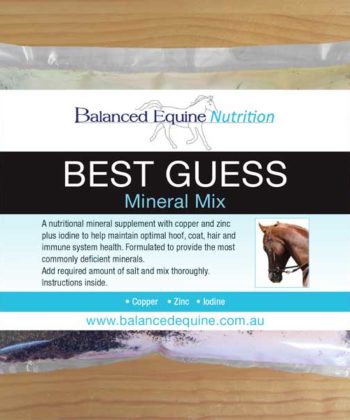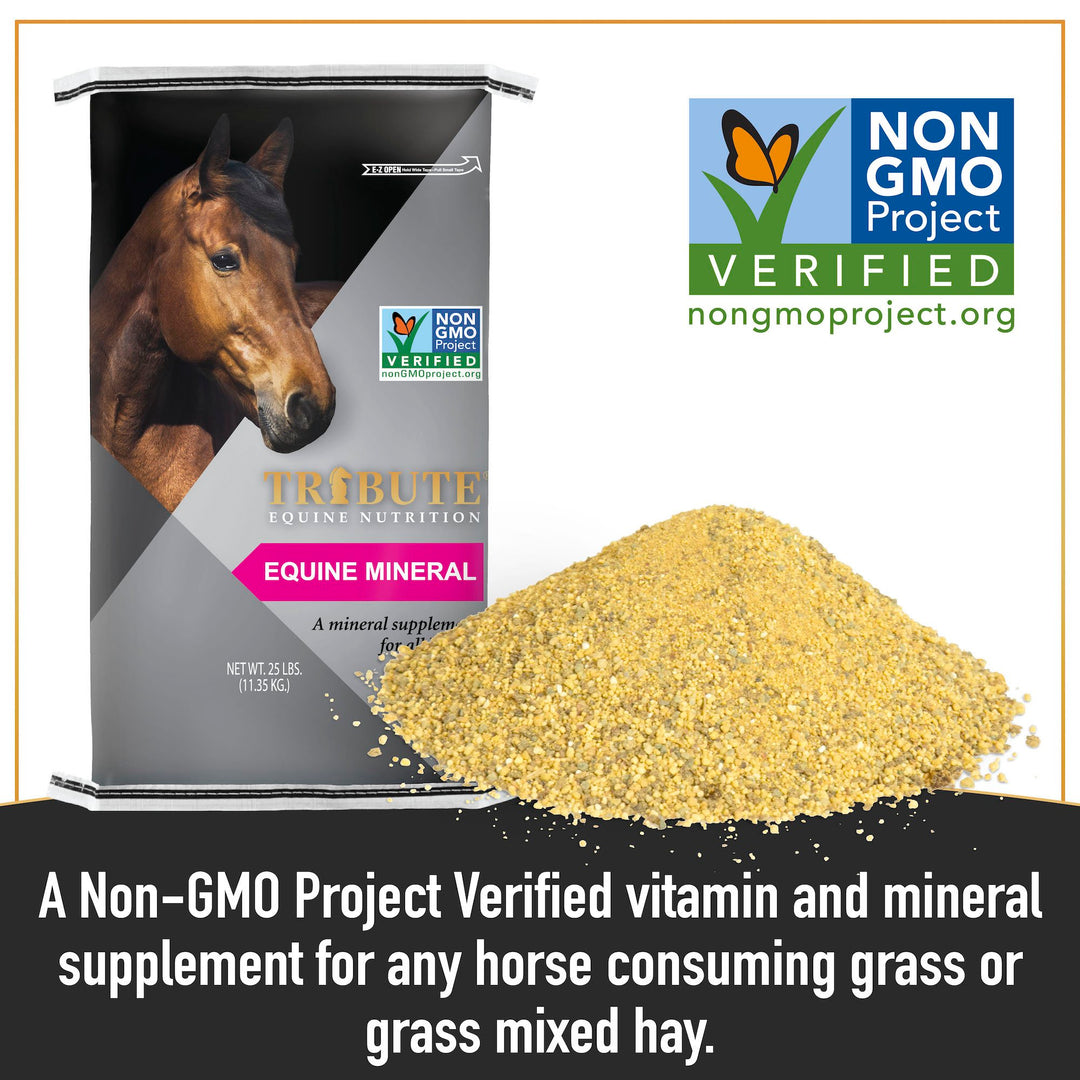Copper and Zinc Balance in Equine Diets for Your Horse

Maintaining the right balance of trace minerals like copper and zinc is essential for your horse’s overall health, growth, and performance. Both minerals play critical roles in various physiological functions, and an imbalance can lead to health issues. This article explores the importance of copper and zinc, their functions, sources, signs of deficiency or excess, and how to ensure your horse receives the optimal balance.
Why Are Copper and Zinc Important for Horses?
-
Copper is vital for:
- Formation of connective tissue and bone
- Production of hemoglobin and red blood cells
- Immune system support
- Enzymatic reactions involved in energy metabolism
-
Zinc is crucial for:
- Skin and hoof health
- Immune function
- Wound healing
- Enzyme function related to digestion and metabolism
Both minerals work synergistically, meaning their balance affects absorption and utilization.
Recommended Dietary Allowances (RDA) for Horses
| Mineral | Daily Requirement (mg/kg of feed) | Notes |
|---|---|---|
| Copper | 10-20 mg/kg | Varies by age, workload, and physiological status |
| Zinc | 40-60 mg/kg | Higher needs during growth and reproduction |
Sources of Copper and Zinc in Equine Diets
-
Copper sources:
- Forage (grass, hay)
- Grains (oats, barley)
- Mineral supplements
-
Zinc sources:
- Forage
- Grains
- Commercial mineral mixes
Note: Soil mineral content affects forage mineral levels, so regional differences matter.
Signs of Imbalance
Copper Deficiency
- Poor coat color and quality
- Weak bones and joints
- Anemia
- Reduced immune function
Zinc Deficiency
- Crusty skin and dermatitis
- Poor hoof quality
- Slow wound healing
- Reduced appetite
Excess of Either Mineral
- Can interfere with absorption of other minerals (e.g., excess zinc can cause copper deficiency)
- Toxicity symptoms such as gastrointestinal upset or neurological issues
How to Maintain Proper Copper and Zinc Balance
- Regular forage and feed analysis: Understand mineral content.
- Use balanced mineral supplements: Tailored to your horse’s needs.
- Consult with an equine nutritionist or veterinarian: For personalized advice.
- Monitor your horse’s health and performance: Adjust diet as needed.
Frequently Asked Questions (FAQ)
Q1: Can I give my horse human supplements for copper and zinc?
A: No, human supplements may have inappropriate dosages or forms not suitable for horses.
Q2: How often should I test my horse’s diet for mineral content?
A: Ideally, forage and feed should be tested annually or when changing feed sources.
Q3: Can copper and zinc supplements improve my horse’s coat?
A: Yes, adequate copper and zinc contribute to healthy skin and a shiny coat.
Q4: What happens if my horse gets too much zinc?
A: Excess zinc can cause copper deficiency and other health problems.
Maintaining the right copper and zinc balance is a key part of equine nutrition that supports your horse’s vitality and longevity. Regular monitoring and informed supplementation can help prevent deficiencies and promote optimal health.
